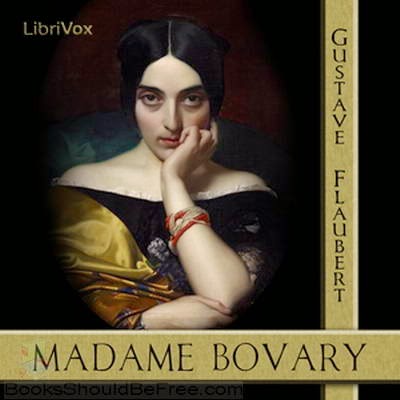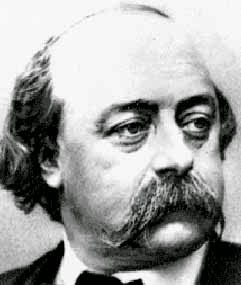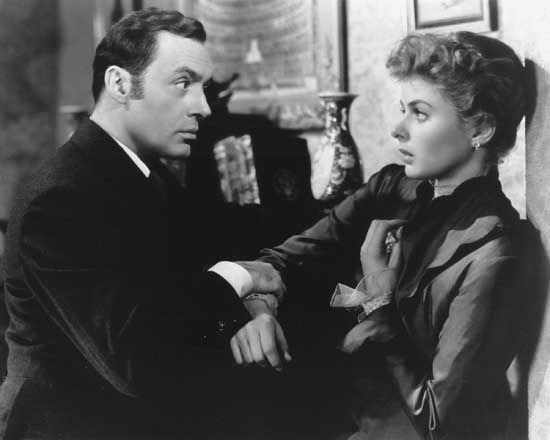Got a great fan letter the other day from a lady named Rose O’Malley:
Dear P.J.: My husband is a Stephen King fan. Has read all his books and needed a new author. We went to the bookstore and found your first Louis Kincaid book. Well, he is hooked and is always looking forward to the next one. Here’s the funny part. He doesn’t think women can write as good as men. He thinks P.J. Parrish is a black man. I just found out when I went to your website [that you are women]. This is a good one. I can’t wait to tell him.”
Wish I could say this is rare. But we get a lot of fan letters that come addressed to Mr. Parrish. Whatever the reason — that our protag is a man or our style hardboiled — many of our readers assume we are male.
Now I’m a card-carrying feminist. (Well, I would carry one if there WAS a card). And I used to be miffed about this Mr. Parrish thing, believing that I had a duty to carry the standard for female crime writers. (Maybe I did strike a blow for the crime writing sisterhood in the O’Malley household at least.) But you know, after living fifteen years now as the neuter P.J. Parrish, I no longer take offense. I’ll let reader Wade Beeson, in his email to us, tell you why:
“As a compliment, I could not decide if you were male or female, as you seem sensitive and understanding of both sexes. Thank you for a provocative read.”
The women writing men and men writing women thing is a pretty hackneyed subject. It’s dragged out for at least one conference panel a year. And I suspect the men are as tired of explaining how they “do” women as I am tired of talking about how I “do” men.
It boils down to one thing for me: If you can’t slip into the skin of another sex (or race or anyone outside your paltry sphere of experience) you have no business even trying to write. Failure to write believable characters of ANY kind is the supreme failure of the imagination.
Madame Bovary is one of my favorite books. From the first time I read it, I was awed by Emma. And by her creator’s ability to bring her to such vivid life. At that time in my life, I had just run my Visa up buying a designer purse when my rent was overdue. How did Flaubert understand how I sank to that nadir?
Flaubert “did” women well. But when he said “Bovary, c’est moi,” he wasn’t claiming he was his character. Actually, he once admitted he was terrified by “the need to invent.” (Which I find vastly comforting!) He was a literary magpie who read medical textbooks to write about clubfeet, observed the town folks around him, and when he had to write a chapter about an agricultural fair, actually went to one.
It’s said he probably even stole the whole idea for Bovary from a scandal that was going on near his town at the time, buying into the advice of his friends who told him “write what you know.”
For years after his book came out, he peevishly maintained he just made the whole damn thing up.
But Flaubert WAS Bovary in a very basic way. His powers of observation, his imagination, his sensory antennae, his understanding of human nature — all those things that make up what we call writer’s talent — it all allowed him to inhabit other skins. It allowed him to create one of literature’s greatest female archetypes.
This man-woman thing is swirling in my head today as my sister and I write chapter 38 of our new book. The finish line is in sight, but it has been a hard race. See, this book is the first in a new series featuring a female protagonist. Now we wrote a female protag before when we gave Louis’s lover Joe Frye her own stand alone. But this charcacter isn’t a tough homicide cop like Joe. Gaslight.) Also, she is an unreliable narrator, which is a bitch to write well. It is exhausting being in her head. So for the first time in years, I can sympathize with those of you just starting out — those of you still trying to fit into that new skin. She’s a rich socialite whose life goes to hell when she comes to believe her husband is trying to kill her. (Yeah, I know…Ingrid Bergman in Gaslight.)
Our new woman is taking shape. As are the men around her. A whole new world is coming to life every day under my fingertips. It is frustrating, frightening all over again. And deeply thrilling. I tapped into something inside myself to become Louis. I will plumb the female side of myself for this new chararacter. (I have never been a rich socialite, after all…despite buying that designer purse.) I’ll willingly lose something of myself.
Here’s Flaubert talking about that process:
“What a delicious thing writing is — not to be you anymore but to move through the whole universe you are talking about. Take me today, for instance: I was a man and woman, lover and mistress; I went riding on a fall afternoon beneath the yellow leaves, and I was the horse, the leaves, the wind, the words he and she spoke, and the red sun beating on their half-closed eyelids, which were heavy with passion.”
Isn’t that, in a nutshell, why we write?




In a previous manuscript my MC was a teenage girl. I could say I have plenty of experiene with the breed as the brother of seven girls and the father of three (plus three boys.) But the main point was, I wasn’t writing a *female character,” I was writing Chrissie, the girl who was at the center of the story. And I honestly never stopped to think about the difference. She was almost as real to me as my own kids.
Sorry I am late in replying today guys…was at the Michigan State Police academy getting a guided tour. Cool stuff!
John: I suspect, if the character felt real to you she came across as authentic to your readers.
I personally enjoy writing men. Men have deep emotional junk going on all the time, but they have this lovely ego layered over the top that is so maddening and endearing. So I throw a woman at him who is going to push all his buttons. 😀
Men are fascinating…I could watch them all day. When I was at the Michigan State police academy today, I was observing the way the officers all walk…very direct, very open and arms held loose but ready at their sides. It’s a ready-for-action stance very particular to cops. And the women officers walk the same way.
Well over half my books feature female leads. Even my zombie legal thriller series is about an undead female defense lawyer. I think I just find women more interesting. Then the undead. Then men.
I have struggled to develop a male-sounding voice. Back when I was writing Nancy Drews, I was offered a shot at doing a Hardy Boys mystery. I turned it down because I couldn’t imagine writing in a male voice. My own mystery series is very female-sounding. Right now I’m working on a techno thriller and it’s been hard work creating an authentic-sounding male voice and protagonist. I count it as a success when trial readers assume it was written by a male. That’s my goal!
Okay, I am going out on a limb here and confessing something about Robert B. Parker. I really love his books, both series. But I recently read two of his Sunny Randall novels and well, the voice is off. Sunny does not feel real to me in any way. Maybe Parker just didn’t enjoy the character enough. Because the women in his Spenser books don’t hit me this way.
I received feedback on one of my shorts, “I was surprised to find out that you are actually a woman. This was written as if a man wrote it.”
I’m like WTF??!
I don’t get it. How does a woman sound vs. a man?
Diane: Good question. But I have heard the same thing at signings. Guys mosey up to the table, give me a strange look and then say something like you heard.
The hardest thing as a writer in my opinion is creating new characters. It might take a while to truly get to know them, and there’s no easy way to do it except to keep writing. You’ll get it done. But the male/female thing must be one reason why you started out using initials in the first place?
What do you do when a character refuses to reveal herself. I know her name. I know she is real. I can sense her in the room but she is the face in the crowd that I keep trying to catch up to and she vanishes.
I’ve tried the interview. It feels forced. I’ve tried finding an image of her. Something that says, “that’s her!” Nothing. I’ve tried music and mind mapping.
I want to tell her story so badly. I know the basics. I have the bones. But without her cooperation, what can I do. Help me.
I will keep hunting for her till she finally gives in and tells me her tale but I think I am going to have to trick her into it. If anyone knows a character trap, can you send my the blueprints?
I like to write from either viewpoint, but I find I can slip into a male’s perspective easier. Not sure why. I guess because I studied them so intently in order to get them right.
If I may… I try to write from whichever (whatever?), sides of the story or song as the story leads… BUT I find I write pretty good “father of daughter” songs~ even though I have four sons and no girls (well, other than Mom)….
Wonderfully written blog, PJ –so informative. I agree about Parker’s Sunny Randall. She seemed like a guy in a drag.
PJ–Flaubert had it right–“Bovary, c’est moi.” But if you think about it for just one minute or less, of course he’s Bovary, just as every writer (or, in your case pair of writers) is whatever ends up in the story. Who else would or could it be?
As for unisex initials vs one’s own name, I was going to use my initials to conceal my identity as a man–because I was starting a series for women, with a woman lead character. But I came to think that was silly of me, that it reflected a lack of confidence in my ability to create characters both male and female. So, Barry I am, and Barry I will remain, on or off book covers.